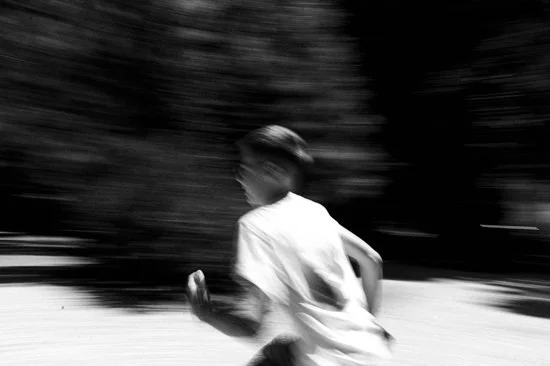The Hidden Performance Booster: How Belief Shapes Your Triathlon Results
What if your mind was your most powerful piece of equipment?
Triathletes spend hours perfecting training plans, dialling in nutrition and choosing the fastest gear. But science shows that there’s another performance enhancer hiding in plain sight: your expectations.
A recent meta-analysis published in the European Journal of Sport Science pulled data from 32 studies with over 1,500 participants. The findings? Placebo (positive expectations) and nocebo (negative expectations) effects can make a measurable difference to sports performance. The effects weren’t massive, but in endurance sport, where marginal gains separate podiums from pack-finishers, even a small advantage matter.
Placebo vs. Nocebo: What They Mean for Triathletes
Placebo effect: When believing something will help actually improves your performance, even if the tool itself doesn’t have a direct physiological benefit.
Nocebo effect: When expecting something to harm you (or doubting your ability) leads to worse outcomes, even if nothing has changed physically.
The review found:
Placebo effects gave a small-to-moderate performance boost (Cohen’s d ≈ 0.38).
Mechanical aids (like believing your new bike, shoes, or wetsuit make you faster) showed the strongest placebo impact (d ≈ 0.47).
Nutritional aids (like believing in a magic gel or recovery drink) also provided a boost (d ≈ 0.35).
The takeaway? Confidence, belief and mindset aren’t ‘just mental’ - they can measurably change how your body performs.
How This Applies to Your Training and Racing
1. Training Sessions: Harness Belief to Push Limits
Think about when you try a ‘new recovery tool’ like compression boots, massage guns, or even a fancy electrolyte mix. Believing they’ll help you bounce back faster can actually prime your body to feel and perform better in the next session.
2. Race-Day Rituals: Consistency Builds Confidence
Your warm-up playlist, the way you rack your bike, the gel you tape to your top tube - these aren’t just habits, they’re anchors. When you believe they set you up for success, they strengthen your performance.
3. Gear Confidence: Faster Because You Feel Faster
Yes, the right equipment matters, but often it’s the confidence in your wetsuit, running shoes, or aero helmet that gives you the extra edge. The placebo effect of gear can reduce perceived effort and improve output.
4. Watch for Nocebos: Don’t Talk Yourself Out of Success
How many times have you thought, ‘I’m terrible in the heat’ or ‘I always blow up on the run?’ These expectations can become self-fulfilling. Spot them early, reframe them and focus on the preparation you’ve done instead.
Practical Mental Performance Strategies for Triathletes
Positive Expectation Training
Before key workouts, tell yourself: ‘This session will make me stronger for race day.’
Anchor Routines
Build rituals before training/races (music, warm-up drills, pre-race breakfast) and repeat them - your brain links them with strong performance.
Confidence Gear
Use equipment you trust and remind yourself why you trust it. Even small belief boosts can reduce perceived effort.
Nocebo Awareness
Replace negative thoughts (“I’m exhausted”) with constructive ones (“Fatigue means I’m adapting and building strength”).
Mindset Journaling
After sessions, reflect not just on numbers but also how your mindset influenced the outcome. Track what beliefs help you perform.
The Big Picture
Performance isn’t just watts, pace, or HR zones. It’s the sum of physical training, nutrition and mental expectation.
The evidence is clear: the placebo and nocebo effects are real, measurable and powerful enough to influence race-day outcomes. For triathletes, this means every routine, belief and ritual can be another lever to optimize performance.
So next time you zip up your race suit, trust in your prep, your gear and your rituals. That belief alone might be the marginal gain you’ve been chasing.
Your Challenge:
This week, choose one ritual or belief to lean into. Maybe it’s your recovery drink, your go-to warm-up, or your lucky socks. Pay attention to how belief shapes your performance. You might just discover your mind is your fastest piece of equipment.
Bevan McKinnon / August 2025
👉 Reference: Hurst, P., Foad, A., Coleman, D. A., Beedie, C. J. (2020). Placebo effects in sport: A systematic review. Eur J Sport Sci, 20(3), 279–292. PMID: 31414966.


